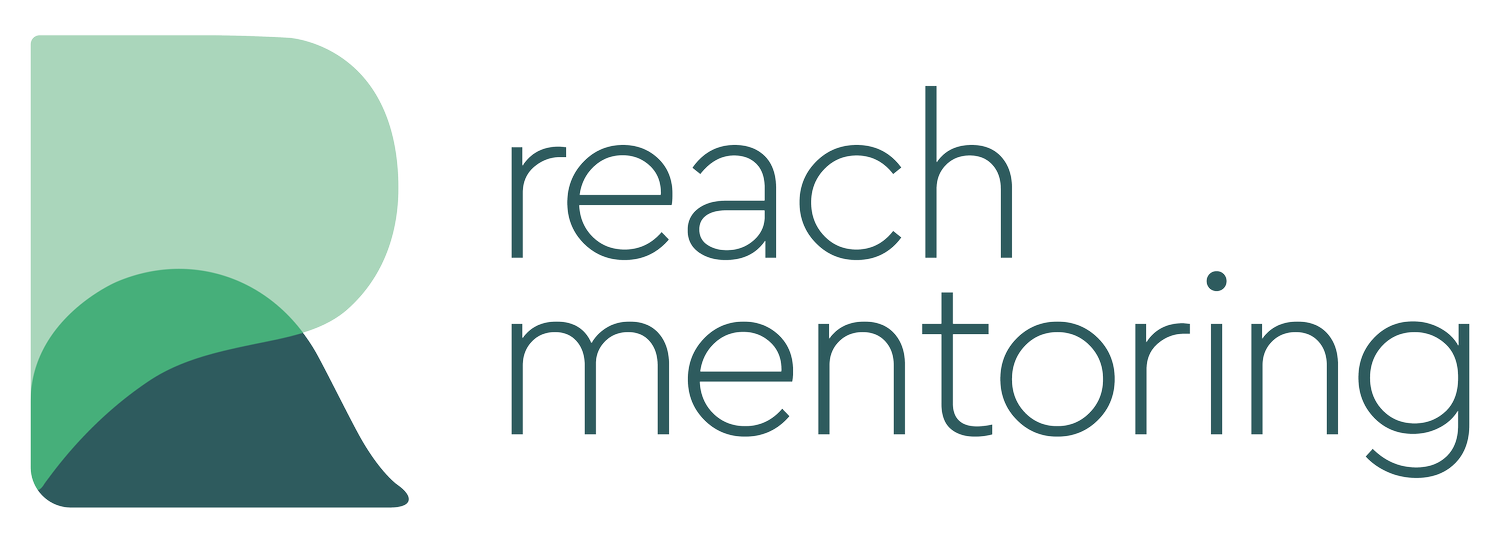
Impact
So what is the impact?
The social landscape in which our young people journey through is challenging and ever changing. The constant pressure and choices that they have to face on a daily basis can impact the direction of their lives dramatically. A recent study stated:
“...the wellbeing of children aged 11 in NI is at its lowest level since 2016.” (1)
If this is the current narrative for our young people, can Reach Mentoring actually help? Can having a consistent, non-judgemental space for young people to meet with a mentor on a weekly basis make a difference?
We believe it can. A mentoring relationship is a simple act with a large impact.
Reach Mentoring Statistics: 2024/2025 Academic Year
When a pupil is referred onto the programme, we collect baseline assessments of the young person's social, emotional and behavioural wellbeing on a termly basis. Our data collection provides a snapshot insight into the mentee's self-perception of their well-being. One of the main assessment tools we use is 'Goodwin's SDQ', which is a globally recognised questionnaire used for the early identification of behavioural and/or emotional symptoms in children and adolescents. These insights identify the young person's strengths, difficulties and the impact it may have on the child's sphere of influence. Additionally, each mentee has the opportunity to reflect on how they feel their needs are being met on a holistic level. This assessment tool is based on Maslow's Hierarchy of Needs and it helps identify whether the child's physiological needs are met. Collecting these data on a regular basis throughout the year allows us to analyse the progression a mentee has made as we journey with them and thus the impact the programme may have had.
(1) Factors affecting mental health and wellbeing in children and young people in Northern Ireland (2023)

